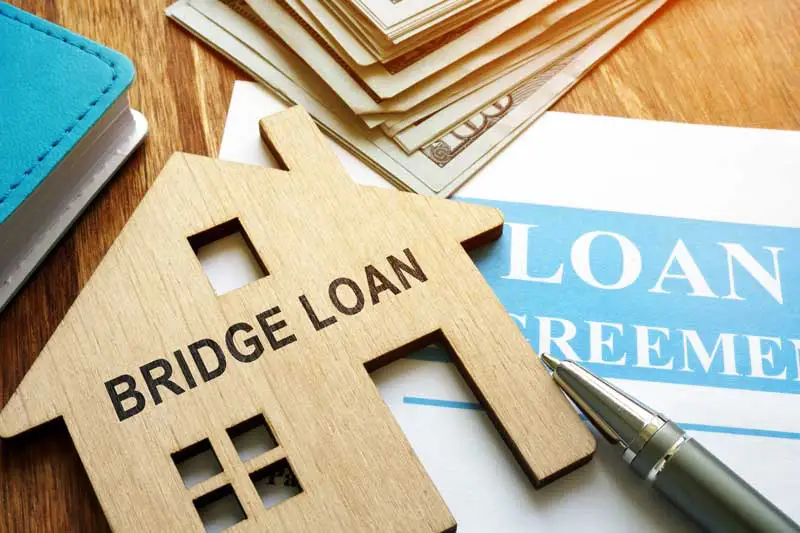Bridge loans are short-term, interim financing offered through private money lenders to bridge the gap between a short-term loan and a long-term loan, and their terms are usually for a year or less. Bridge loans are most commonly used in real estate purchases, although they can be used for other transactions as well.
As is true with most lending, traditional banks have specific rules and requirements that determine who can and cannot qualify for bridge loan financing, as well as what terms will be required for the loan. Private money bridge loans offer some flexibility in the approval process and in the terms of the loan. In most cases, money lending by private investors is not based on proof of income or credit history, but rather the collateral for the loan. Private money lenders are usually willing to negotiate, so there is a level of flexibility on the terms the borrower might need. This type of financing opens up numerous possibilities for investors.
The Difference Between Bridge Loans and Traditional Loans
Conventional loans in real estate such as mortgage loans and equity loans require an in-depth qualification process, a substantial down payment, and sufficient collateral at closing. The most common type of bridge loan, often offered by title companies or banks with a vested interest, is a short-term loan meant to bridge the gap between when a homeowner buys a new occupied property and sells their old, occupied property.
Ideally, of course, the borrower would sell their existing property, collect all the proceeds, and then use those proceeds to make the down payment on the new mortgage. A savvy borrower might close on the property they are selling in the morning and then close on the property they are buying in the afternoon. In reality, it is more common for borrowers to find their new home and set a closing date in hopes of selling their existing home within that window. Even a day or two difference will require some form of gap financing since the first transaction will not close until all funds are received.
Bridge Loans From Private Money Lenders
Private money lenders and investors can provide fast bridge loans without burdensome applications and credit checks by lending against assets the borrower already owns. The amount of the loan available depends entirely upon the assets pledged as collateral. The investor funding the loan isn’t as concerned whether the borrower has the means to pay off the loan, because they will make money either way. Many private money lenders even lend against specific types of assets, and then have connections that are eager to purchase those assets.
Bridge loans from private money lenders also typically come with higher interest rates and higher closing costs, making them less appealing for real estate transactions involving a family buying or selling a home. In addition, most private bridge loans require a generous pledge of collateral, so the borrower can take heavy losses if they are unable to repay the debt. For the right situations, however, the speed and agility hard money lending provides make it worth the extra cost. A savvy house flipper won’t think twice about the collateral put up for a bridge loan, since a quick sale to repay the loan is already fully integrated into their plan. There is simply not enough time to default.
Bridge Loans for House Flipping
Bridge loans are an ideal option when short-term real estate investors plan to quickly sell, or flip, a property. Many professional house flippers plan to own the property for only 30 to 60 days. They don’t have time to wait for lengthy application approvals to acquire their funds. The key to profitability is holding the property for the absolute minimum time. They need access to funds upfront so they can purchase the property, pay for repairs and upgrades, then quickly sell for a profit. The key to successful house flipping is turning the property around quickly enough that the interest on the loan doesn’t have time to impact the profit margin.
What Types of Properties Are Bridge Loans Used For?
Bridge loans are ideal for securing funding for the purchase of hotels, commercial buildings, retail establishments, storage facilities, warehouses, apartment buildings, and even single family residences. Bridge loans can range from $150,000 to as much as $20 million. These short-term financing programs are designed to provide investors with options for time-sensitive investment purchases, with the flexibility to flip the property quickly, avoid paying high interest, and make a profit or lock in a more favorable long-term loan in the future.
If you’re interested in learning more about the ins and outs of bridge loans, contact GenWealth Capital Commercial to discuss your financing needs, or fill out our online loan application form today!

